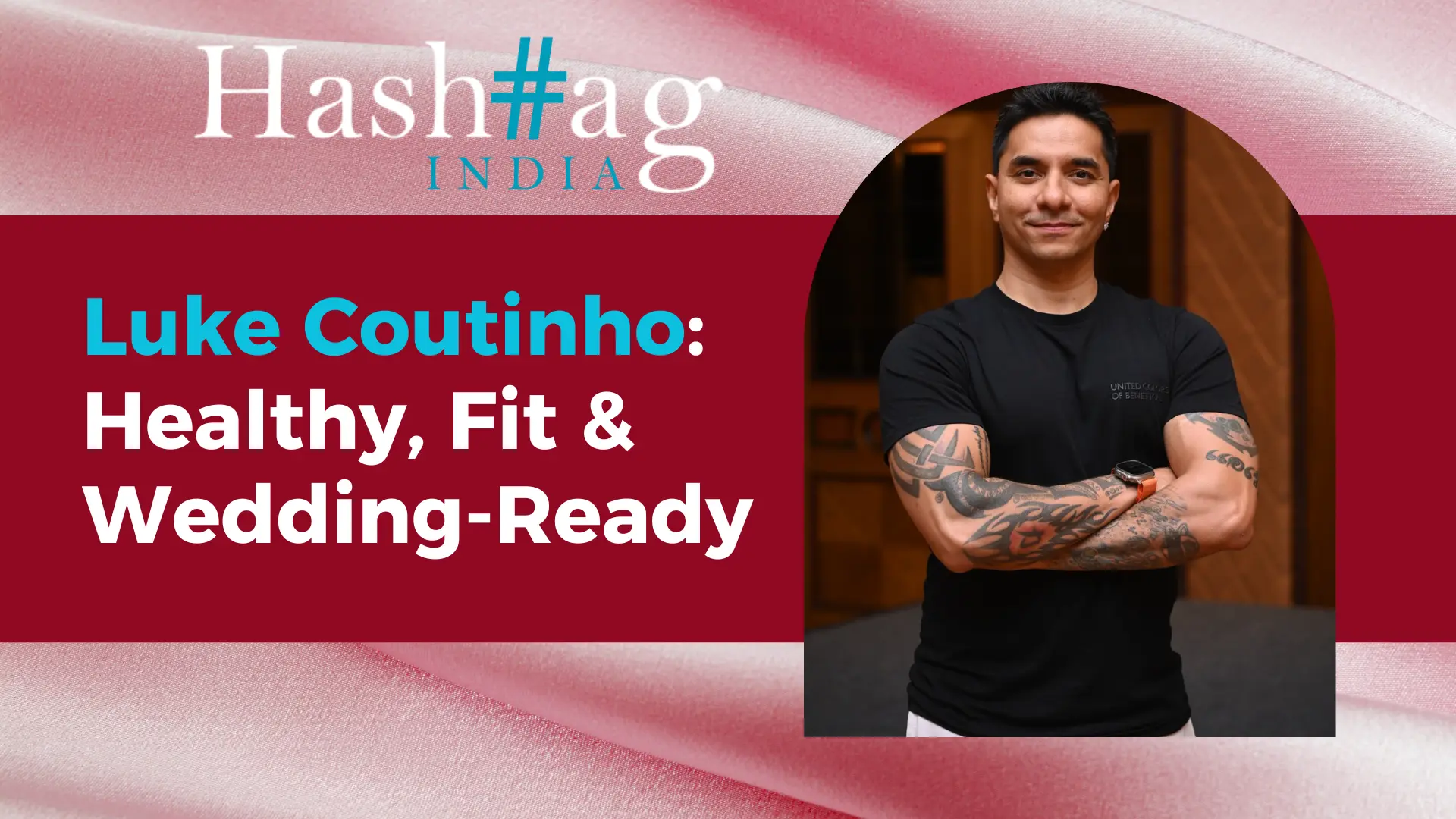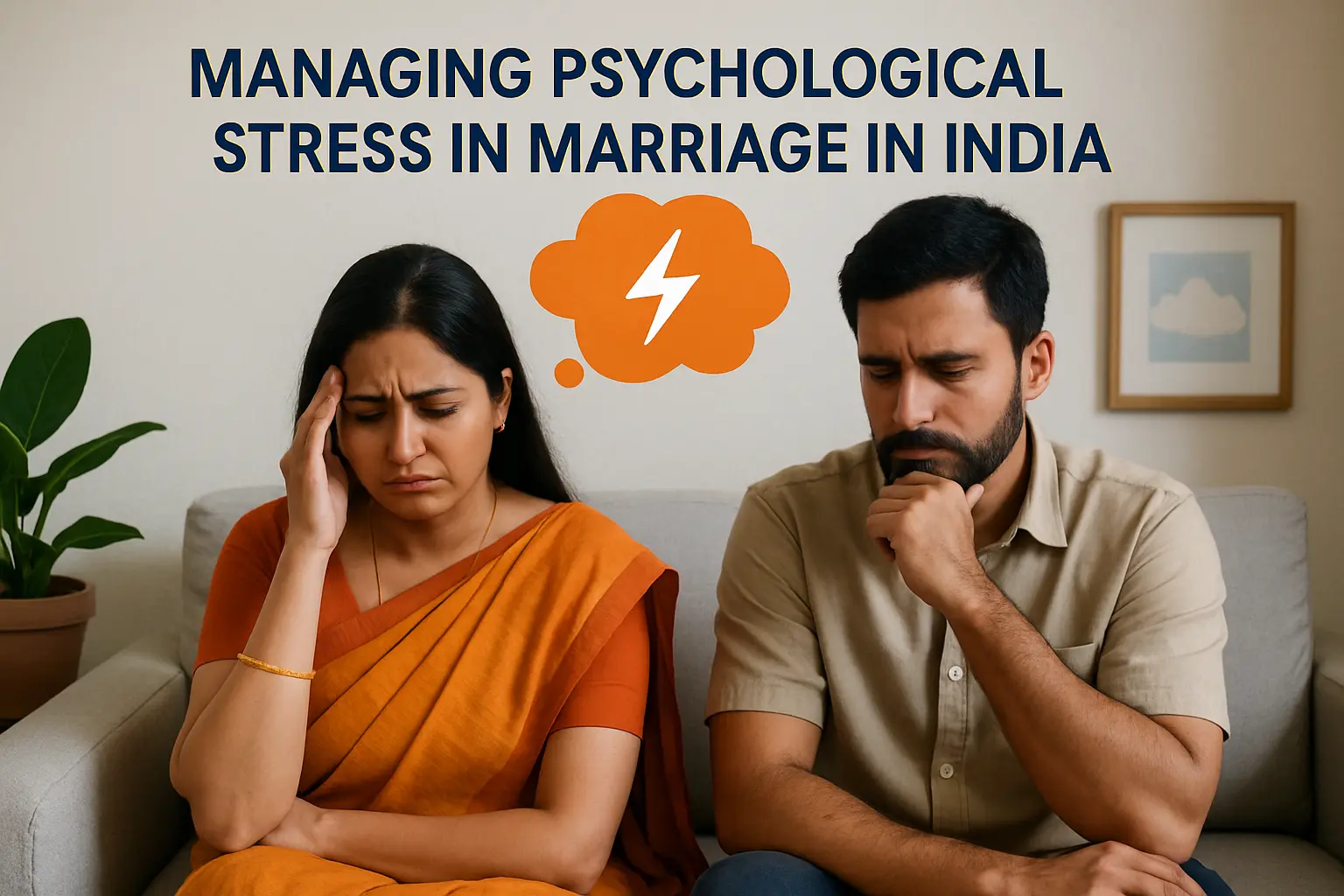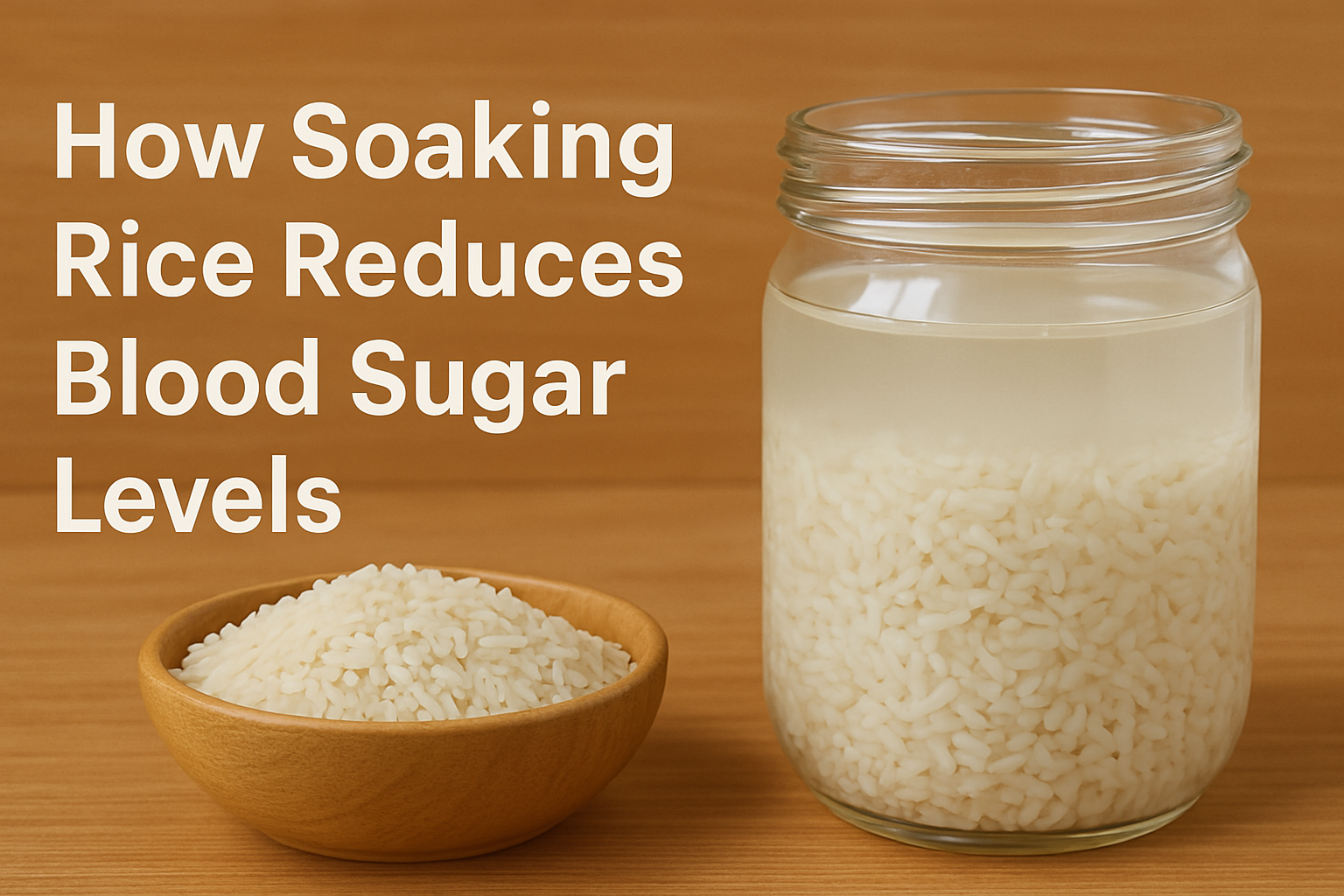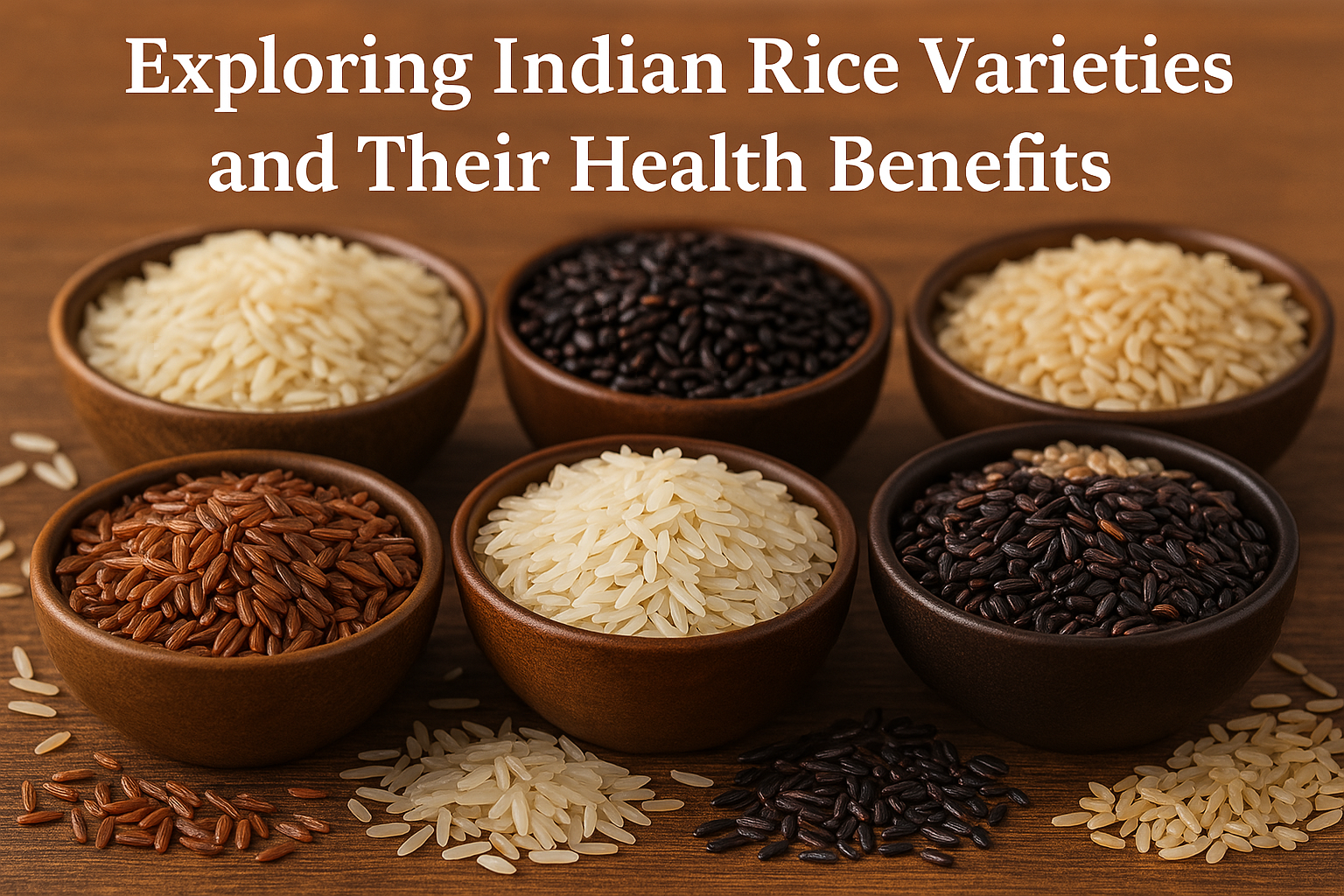The world’s diabetes capital is considered to be India. Diabetes is a major public health issue that has reached epidemic proportions around the world. Every year, approximately 18 million people die as a result of cardiovascular disease, for which diabetes and hypertension are major risk factors. More than 1.7 billion adults worldwide are overweight today, with 312 million of them obese. Diabetes is characterised using excessive blood sugar levels.
There are two primary reasons behind diabetes – one is when the body stops producing insulin and the second is when the body does not respond to the insulin produced by the body. Insulin is broken down by the body and converted into energy by the cell.
Sakshi Singh Clinical Nutritionist talks about blood sugar levels, and how to monitor them.
There are different types of Diabetes – Type 1 Diabetes, Type 2 Diabetes, and Gestational Diabetes. Obesity is frequently cited as the primary cause of the rising prevalence of diabetes. These are some sure signs that your blood sugar level is abnormally high.

If you notice any of them, contact your doctor right away. Continue reading to learn more—and to protect your health.
Urine Frequency:- One of the most common symptoms of high blood sugar is urinating more than usual. When sugar (glucose) builds up in the bloodstream, the body attempts to flush it out through urine. If you find yourself urinating more frequently than usual, consult your doctor.
Thirst:- Excessive thirst is another indicator of elevated blood sugar. Increased urine can lead to dehydration on two fronts: first, it depletes the body of fluids, and second, blood sugar draws the fluid from tissues as it leaves the body. Increased thirst may result from this and cannot be met by drinking extra water.
Unexpected weight loss and frequent hunger:- People with high blood sugar may experience increased hunger and lose weight despite eating more. Because the body lacks energy from glucose, it craves more food to use as fuel. Severely high blood sugar levels can also cause unexpected weight loss because the body begins to burn fat stores for energy.

Vision Problems:- The lenses of the eyes might enlarge and distort due to high blood sugar levels, leading to double or fuzzy vision. Diabetes can lead to aberrant new blood vessel growth or leakage in the retina, impairing eyesight.
Fatigue:- Insulin the hormone that facilitates cells using sugar for energy, grows less effective in the body, and blood sugar levels are frequently high on a long-term basis. Someone with high blood sugar could experience frequent tiredness since they lack that energy source.
Hand and Feet Tingling:- Diabetic neuropathy is a disorder where nerve damage occurs throughout the body as a result of persistently high blood sugar levels. Peripheral neuropathy, which affects the hands, arms, legs, and feet, is the most prevalent type. In the affected areas, it may result in tingling, burning, numbness, decreased sensitivity to pain or warmth, as well as strong sensations or cramps.
Nausea, Vomiting, Confusion and more:- The U.S. National Library of Medicine states that despite their varied nature, these symptoms are all indicators of the rare and potentially fatal condition known as Diabetic Ketoacidosis (DKA). Along with the aforementioned signs and symptoms, DKA can also result in stomach pain, difficulty breathing, dry or flushed skin, fruity-smelling breath, and attention deficit disorder.
Dental Issues:- Both your saliva and your blood contain glucose. According to the NIDDK, when there is too much of it, it promotes the growth of dangerous bacteria in your mouth, which then combines with food debris to form plaque. Problems including dental decay, cavities, gingivitis, gum disease, and poor breath result from this. One of the first things to watch out for is swollen, painful, or bleeding gums.
Diabetes Diagnosed

Your blood glucose level is checked to diagnose and treat diabetes. Your blood glucose level can be determined by three tests: an A1c test, a random glucose test, and a fasting glucose test.
Fasting Glucose Test:- Ideally, you should take this test in the morning after an eight-hour fast (nothing to eat or drink except sips of water).
Random Glucose Test:- There is no requirement to fast before taking this test.
A1c Test:- Your average blood glucose level over the previous two to three months is provided by this test, also known as the HbA1C or glycated haemoglobin test. This examination evaluates the quantity of glucose that has been bound to haemoglobin, the oxygen-carrying protein in your red blood cells. Before this test, you do not need to fast.
Oral Glucose Test:- After an overnight fast, blood glucose is initially assessed in this test. You then sip a sweet beverage. Then, your blood glucose level is assessed after one, two, and three hours.
Gestational Diabetes Test:- If you are pregnant, there are two blood glucose tests. In a glucose challenge test, you consume a sweet beverage, after which your blood sugar level is measured an hour later. Before this test, you do not need to fast. An oral glucose tolerance test will come next if this test reveals a higher than usual amount of glucose (above 140 ml/dL).
Keys to Managing Your Diabetes
- Following a healthy diet plan and planning your meals ahead of time. Adopt a Dash diet or a Mediterranean diet (which emphasises fruits, vegetables, whole grains, legumes, and healthy fats). These diets are low in calories and fats and high in fibre and nutrients. For assistance with understanding nutrition and meal planning, consult a qualified dietitian.
- Regular Exercise:- On most days of the week, try to get in at least 30 minutes of exercise. Walk, swim, or engage in another enjoyable activity.
- Losing weight:- If you are overweight, lose weight. Create a weight-loss plan with the assistance of your medical team.
- Quit Smoking
- Taking prescription medication and insulin as directed and according to the timing guidelines.
- Keeping track of your blood pressure and blood sugar levels at home.
- Keeping your doctor’s appointments and completing laboratory tests are important.
Conclusion:
These are a few symptoms to help diagnose it. Always monitor blood sugar levels and try to maintain a healthy lifestyle.

































